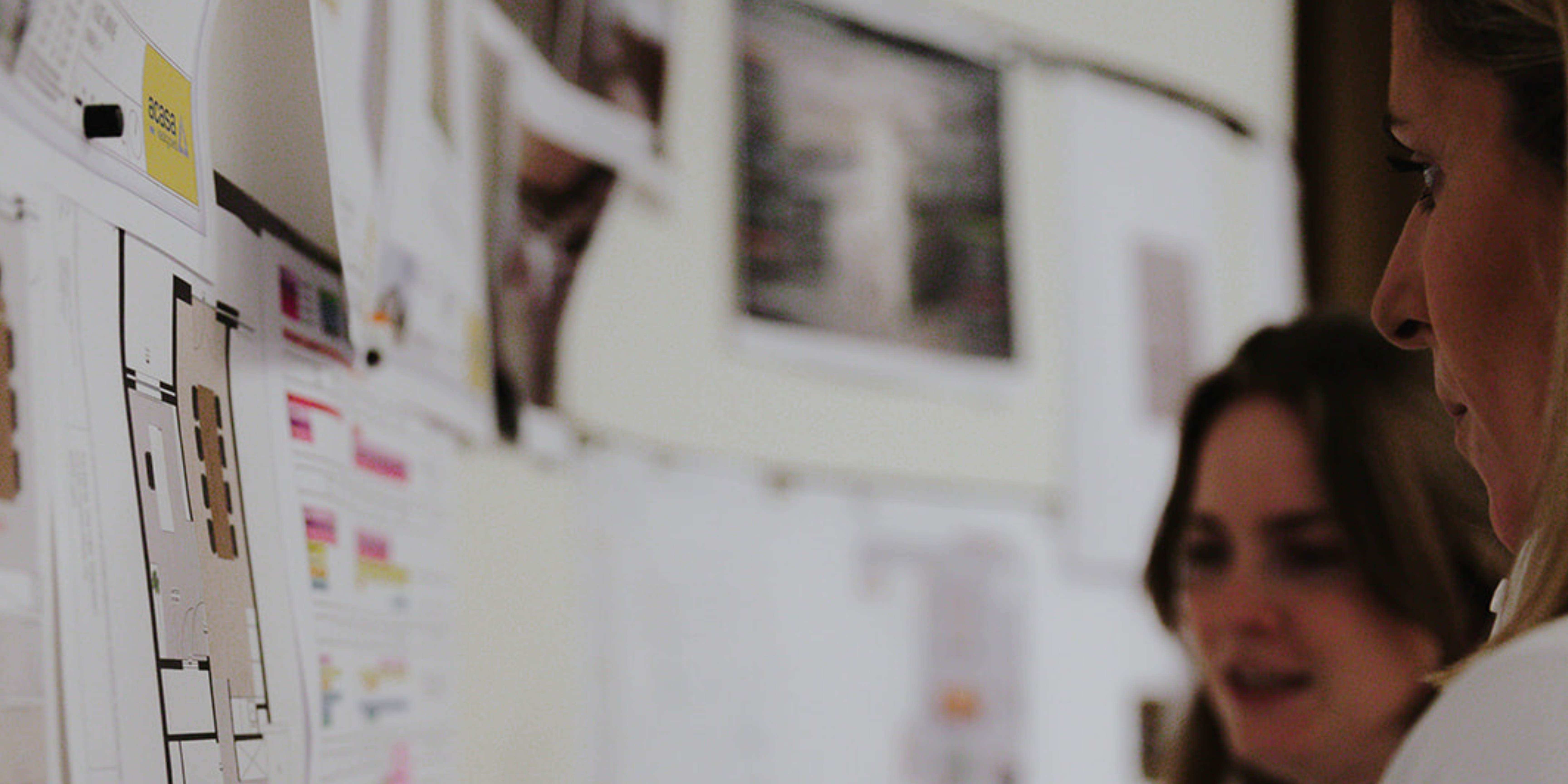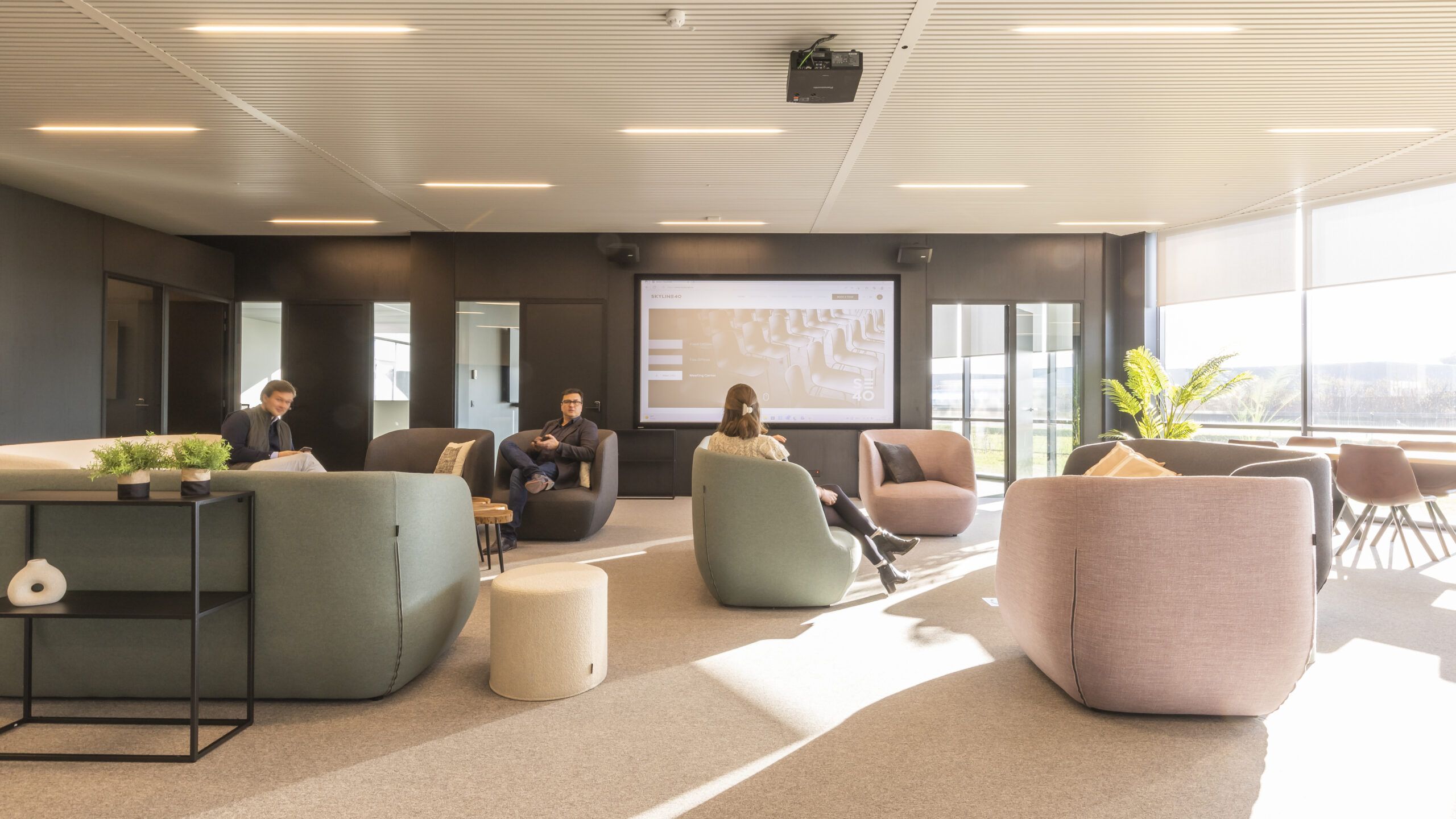
Smart Offices: technology and data as drivers of work 2.0 and happy teams
A digital-first generation is eager to enter the job market. And today’s teams have already mastered the use of apps and smart technology in the workplace. Moreover, they are in demand for smart workplaces that support their efficiency, well-being and health.
And that’s not to mention the freelance market, where more and more young talents are entering. Ambitious freelancers are increasingly looking for flexible, smart workplaces that they can use whenever they need them. In short, smart offices are on the rise. Because the benefits they offer resonate strongly with both internal teams and freelancers.
Smart Offices: 5 trends you need to know
A workplace that excels in comfort and ease of use – as well as meeting the individual expectations of each employee – is no longer a nice-to-have. It is essential for employee retention and recruitment. Besides, smart offices are also a win for your operational efficiency, ESG goals and general management.
What do you need to know about using smart technology in the workplace? And what can the B2B market learn from the private residential market in terms of smart tech?
Together with experts from Soulbricks and Home Invest (active in the private rental market), we spot 5 crucial trends in the Smart Offices market.
1. The transition from traditional office to Smart Office
“A smart office is an office that uses all the new technologies,” explains Pierre Van Durme of Soulbricks. “The possibilities are endless: from ordering lunch to reserving parking spaces, booking a workplace, managing HVAC technology, turning the lights on or off, reserving meeting rooms…”
2. Data is driving the new workplace
The data resulting from smart technology helps create individual experiences for users. “You can make personalised choices as a user,” adds Nicolas Kint of Soulbricks. “Is that colleague in the office tomorrow? Is my favourite parking space free? Is it busy and will I be able to concentrate? You adjust your individual work preferences via apps and tools on your phone.”
“By thoroughly analysing the data generated by smart technology, you can refine your services in a targeted way,” explains Tomas Van Look of Home Invest. “Which services work and which don’t? Which additional applications can you integrate? What impact do those insights have on future projects?
3. Multifunctional buildings as the future of the office
“Buildings that serve 100% as office space are moving to the background,” says Pierre Van Durme. “The trend towards multifunctionality has started. More and more, workplaces are becoming a mix of offices, coworking, co-living, hotel, catering, conference rooms or sports facilities. This greatly increases the efficiency of a building.”
His colleague Nicolas Kint adds: “Smart technology then helps to keep everything on track. That ranges from setting up a conclusive reservation system to smart access control and climate control. If you constantly analyse the needs and habits of your users, you determine non-stop what works and what does not. You adjust your offerings almost in real time, which has a positive impact on your operations.”
4. Smart functionalities become even smarter through correct data exchange
“It is easy to get data from one individual app. But the added value lies in the bigger picture. Our in-house data analyst brings the data from all systems together in reports. This way, you get a holistic view of things, which allows you to offer your services even better,” indicates Tomas from Home Invest.
“If you combine information from access control, energy consumption and the use of certain parts with data from accounting packages and log-in data, you get an overall picture of how users really use your building. After that you can look for new applications, or refine the apps you already have to meet the expectations even better.”
5. Smart offices have a positive impact in many areas
“First and foremost, smart offices are an asset in the war for talent,” Pierre and Nicolas of Soulbricks tell us. “Modern employees want a workplace with flawless IT architecture, with maximum connection and every opportunity to get the best out of themselves. An environment with attention to light, acoustics and flexibility.”
“In addition, you also reduce absenteeism. Smart sensors measure air quality and adjust it if necessary. You can also play with light intensity and perception via daylight lamps, which have a proven positive effect on preventing depression.”
Tomas from Home Invest continues: “You also make a difference in terms of the environment with smart buildings. Smart thermostats combined with sensors limit your consumption. Moreover, you can also properly monitor and optimise the efficiency of solar panels and heat pumps.




